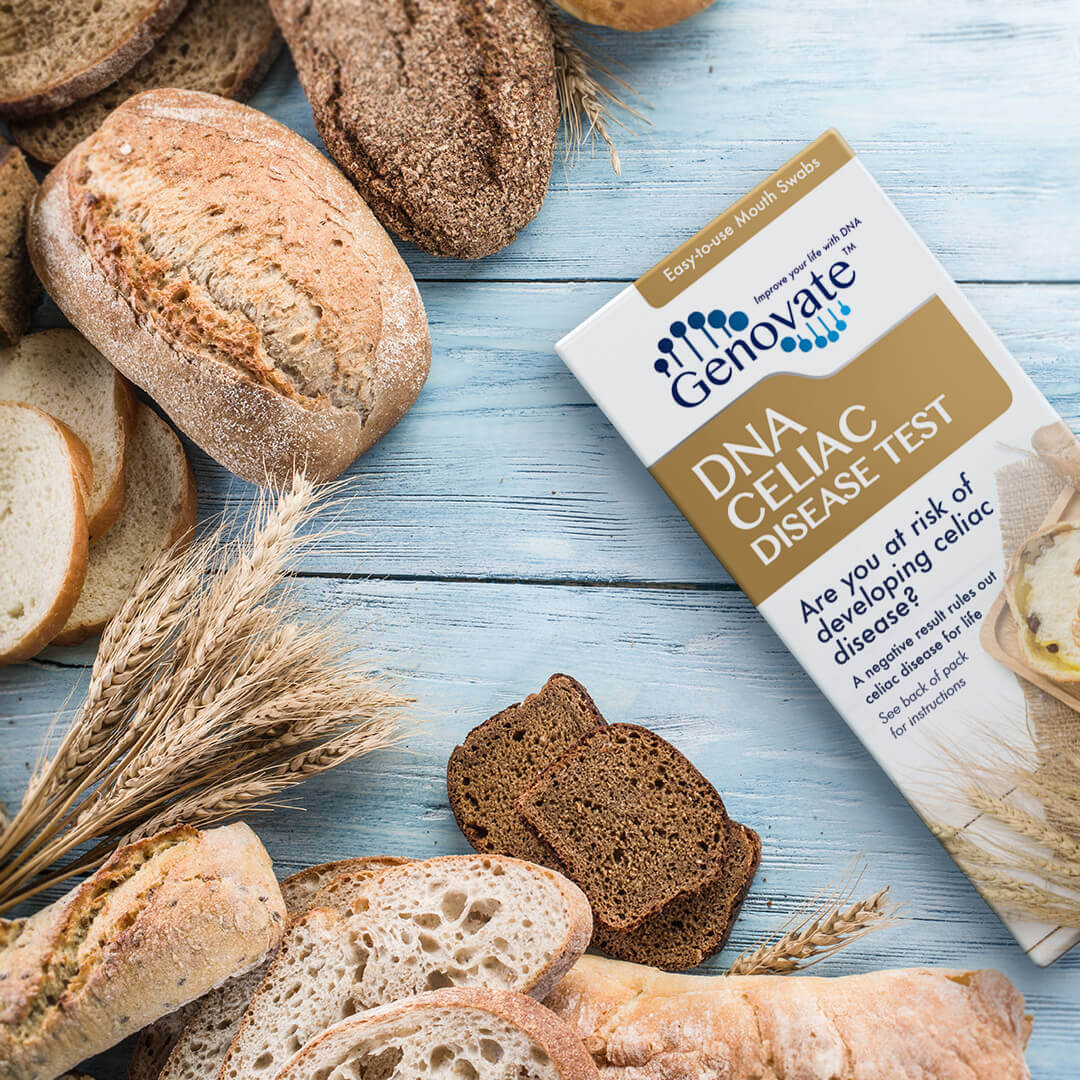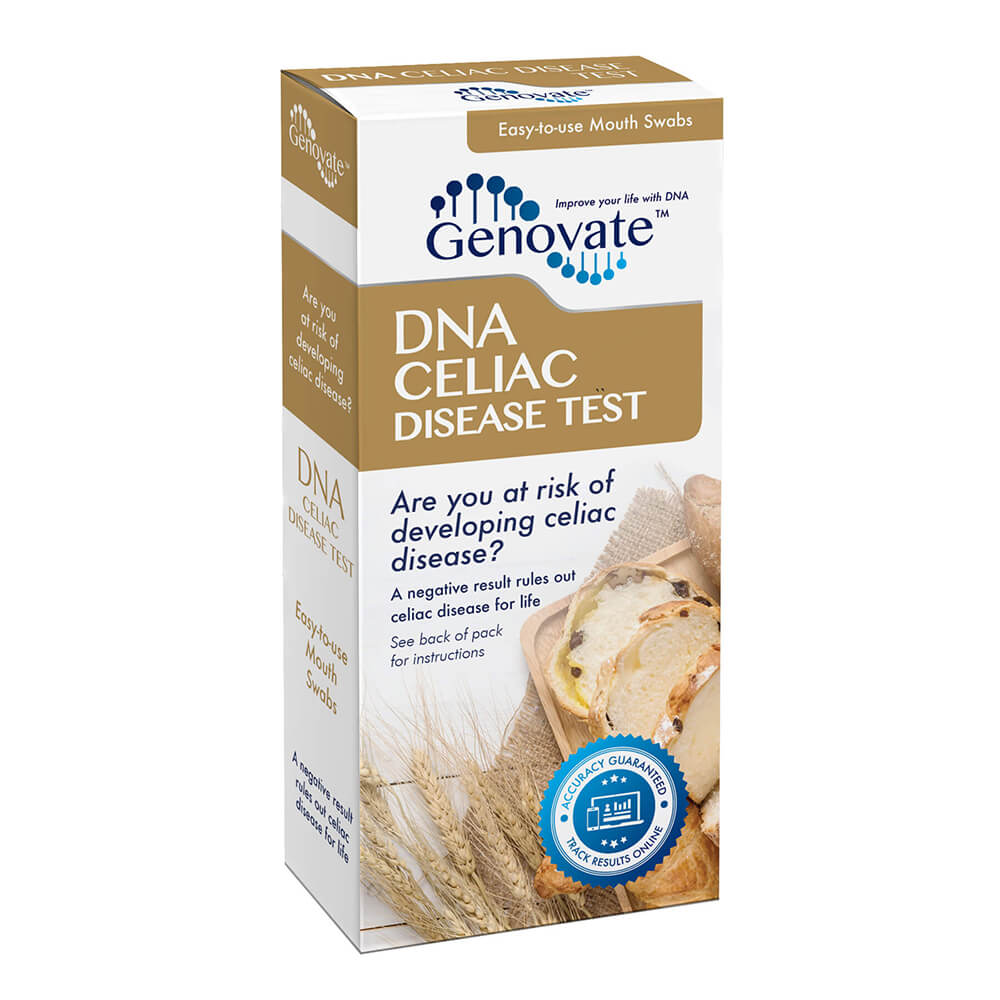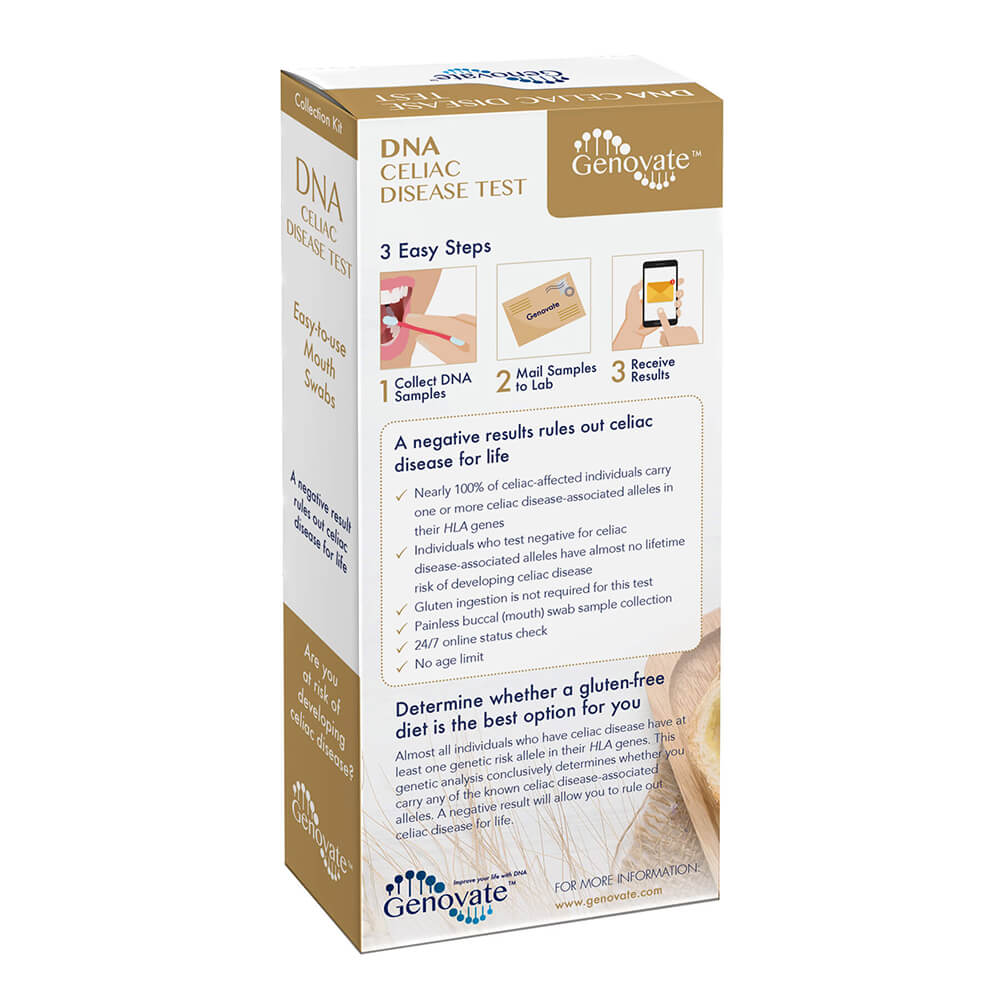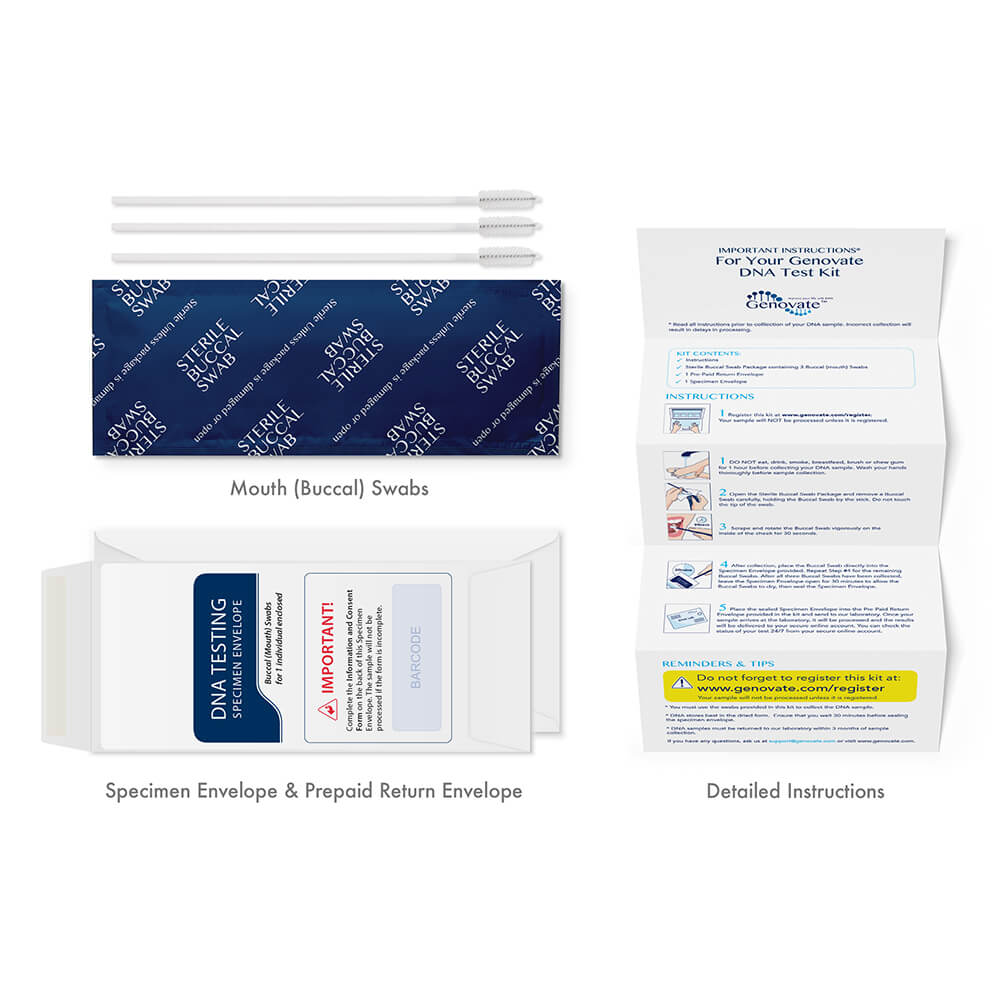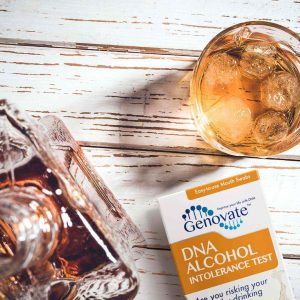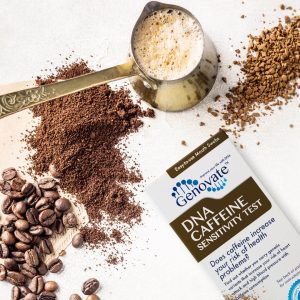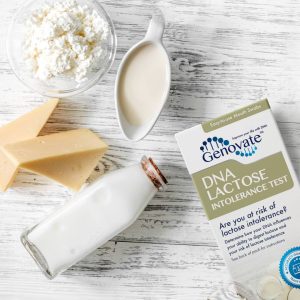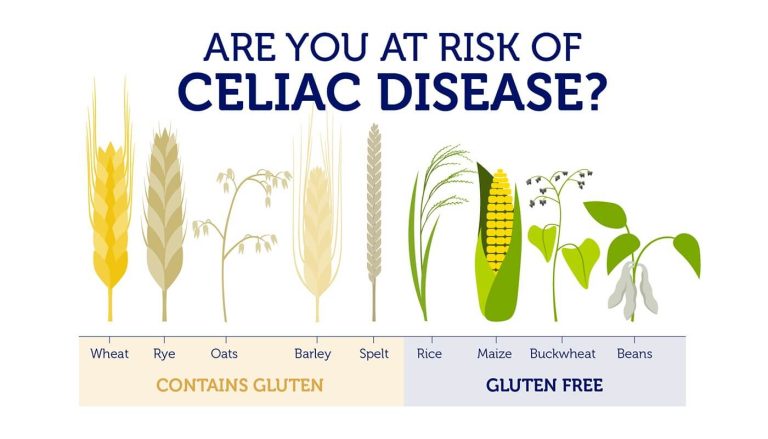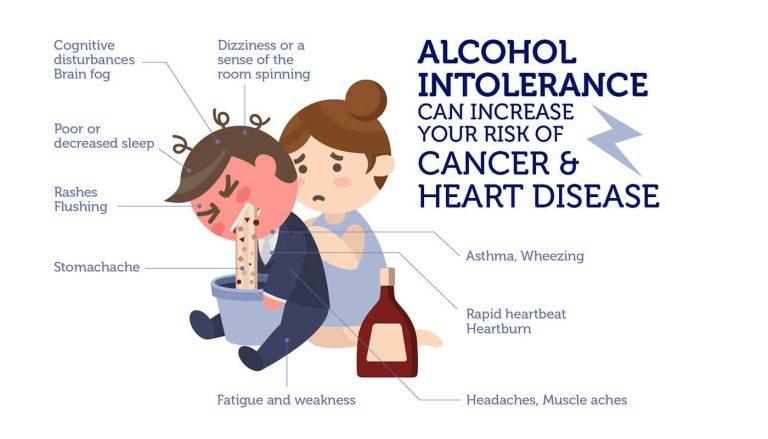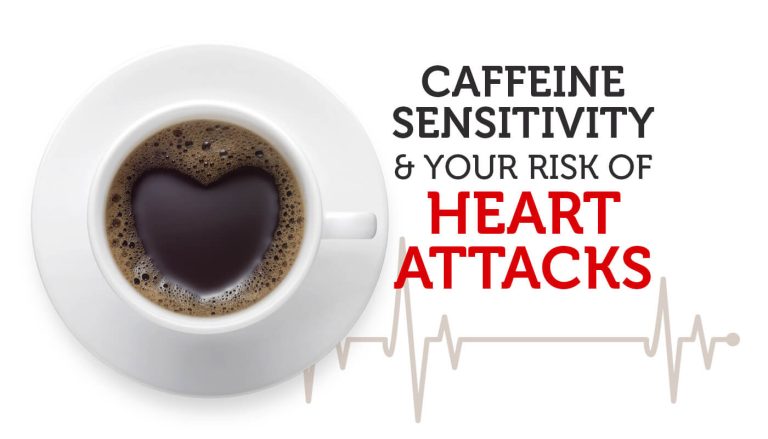
DNA Celiac Disease Test
$249.00
By Genovate
Almost all people with celiac disease carry at least one genetic risk allele. Find out your risk with this DNA test.
• Includes HLA variants associated with increased risk
• Negative results rules out celiac disease for life
• Accurate even on a gluten-free diet
• No age limit
• 24/7 online status check
• Are you at increased risk of celiac disease?
What is celiac disease?
Celiac disease is an autoimmune disorder, where the immune system attacks and destroys healthy cells by mistake. People with celiac disease (CD) are extremely sensitive to gluten, a protein found in wheat, rye, barley and oats.
When an individual with CD consumes gluten, their immune system reacts aberrantly, causing severe damage to the lining of the small intestine, and a variety of health complications.
The consumption of gluten is not needed for an accurate result from this genetic analysis. A simple mouth swab DNA sample is all that is required.
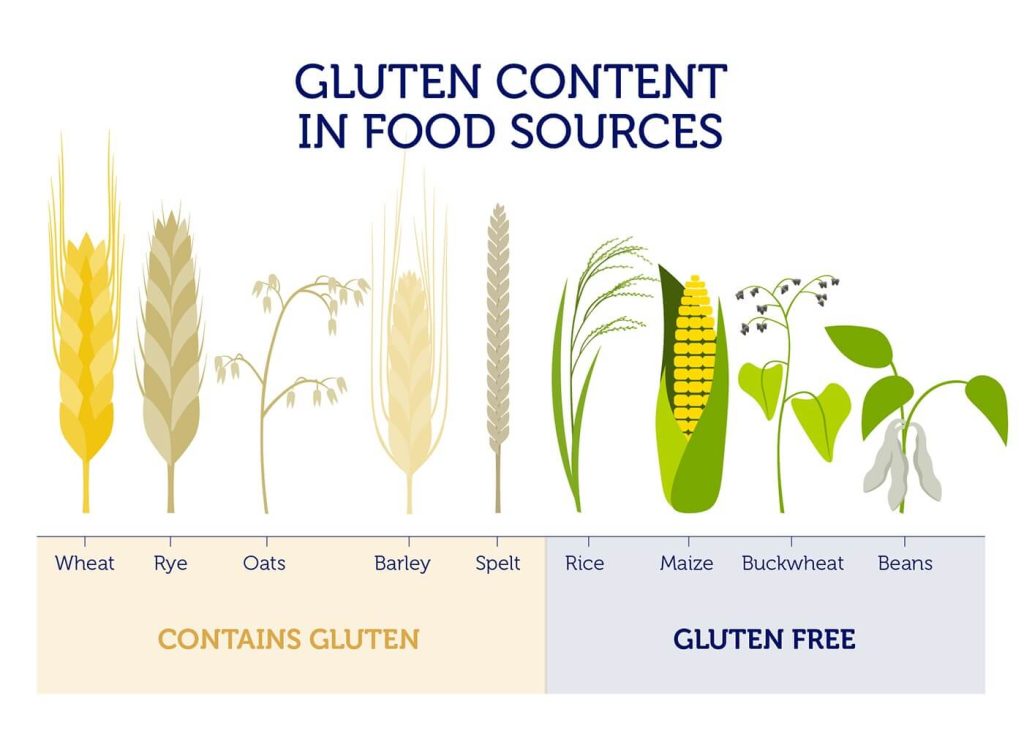
The Genetics
Almost all people with celiac disease have at least one genetic risk allele in their HLA genes. This DNA test detects nucleotide changes that occur in the three CD-associated alleles of the HLA-DQA1 and HLA-DQB1 genes (HLA-DQA1*05, HLA-DQB1*02, HLA-DQB1*0302).
These CD-associated variants can also pair together to form proteins known as DQ2 and DQ8. The presence or absence of these variants gives an indication of the risk of gluten sensitivity and CD.
The risk of CD is extremely low if none of these CD-associated alleles are present.
DISEASE RISK
| Patient Genotype (CD-associated variants present) | Celiac Disease Risk |
| DQ2 and DQ8 | 1:7 |
| DQ2 and Homozygous HLA-DQB1*02 | 1:10 |
| DQ2 and DQ2 | 1:10 |
| DQ8 and DQ8 | 1:12 |
| DQ8 and HLA-DQB1*02 | 1:24 |
| Homozygous HLA-DQB1*02 | 1:26 |
| DQ2 | 1:35 |
| DQ8 | 1:89 |
| Heterozygous HLA-DQB1*02 | 1:210 |
| HLA-DQA1*05 | 1:1842 |
| No HLA CD-associated variants detected | Not at risk of developing CD, less than 1:2518 |
Discover More
Digestive symptoms of celiac disease include:
- Flatulence
- Bloating
- Constipation and/or diarrhea
- Appetite changes
- Pale or bloody stools
- Nausea and vomiting
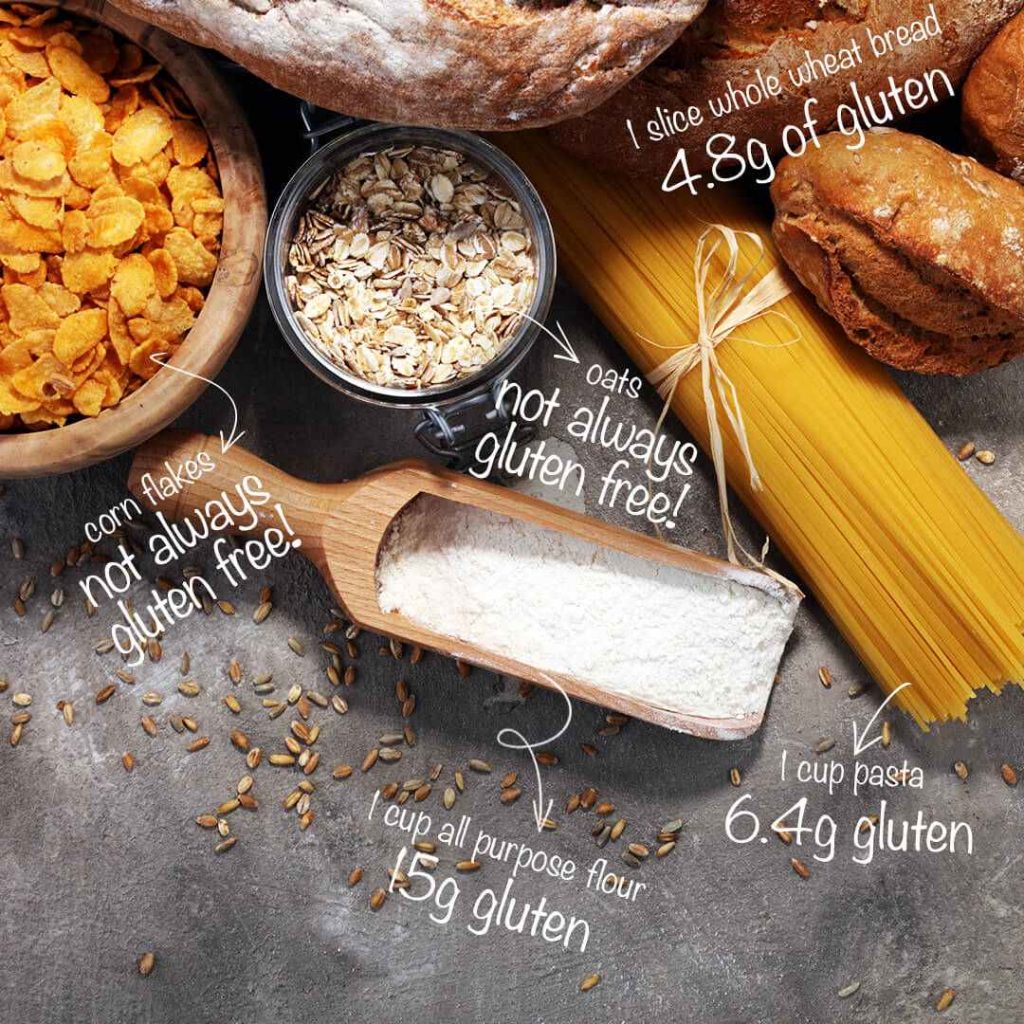
How it Works

ORDER YOUR KIT
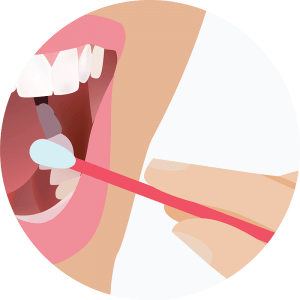
COLLECT & SEND



